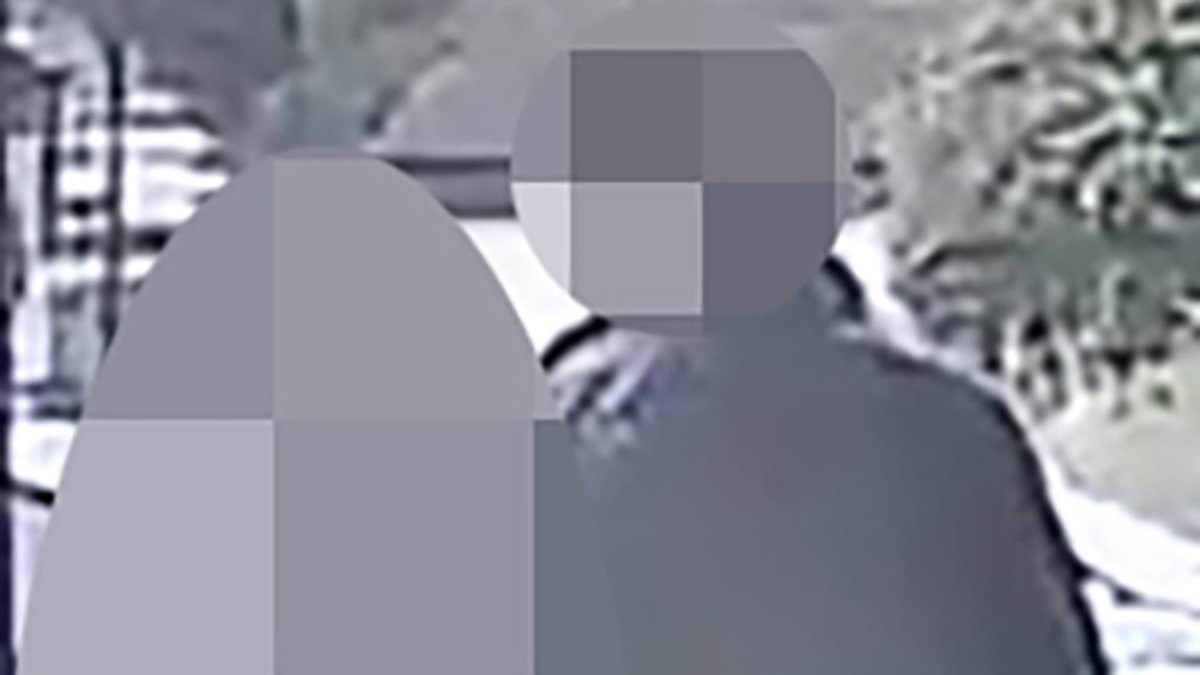In the quiet town of Nuneaton, Warwickshire, a serious criminal case involving two young men has stirred more than just outrage—it’s sparked a national debate over transparency, trust, and community safety.
What Happened in Nuneaton?
Ahmad Mulakhil, 23, is accused of raping a 12-year-old girl in a residential neighborhood of Nuneaton on the evening of July 22.
Another man, Mohammad Kabir, also 23, has been charged with helping him, along with counts of kidnap and strangulation.
The young girl, who is now in specialist care, was reportedly attacked between 8:30 p.m. and 9:45 p.m. on Cheverel Street.
Police arrested Mulakhil four days later and brought charges the next day.
Kabir was taken into custody on Thursday and appeared in court on Saturday.
Accusations of a Police Cover-Up
What has outraged many isn’t just the nature of the crime—it’s how the information was handled.
Local sources told the Mail on Sunday that police advised elected officials not to disclose that the two suspects are Afghan asylum seekers.
The reason? A fear that revealing their immigration background could escalate community tensions.
But critics argue that withholding this kind of detail only fuels mistrust.
Politicians Speak Out
Reform Party MP Lee Anderson didn’t mince words when he posted on social media, calling the move a clear “cover-up.”
His party leader, Nigel Farage, added that police and officials are “acting against the British people.”
Local councillor George Finch echoed those concerns, saying he has written to both the Home Secretary and Warwickshire’s Chief Constable demanding the immigration statuses of the suspects be made public.
Warwickshire Police Defend Their Actions
Warwickshire Police pushed back, explaining that while they share relevant crime details with authorities, certain information—especially if it could affect a fair trial—is kept confidential.
“We focus on protecting victims and building strong cases,” their statement read, adding that national guidelines don’t require disclosure of immigration or ethnicity unless it’s vital to the case.
Where the Suspects Were Living
Both Mulakhil and Kabir were reportedly living in nearby rented properties—so-called Houses in Multiple Occupation (HMOs)—managed by Serco, a company that holds a £1.9 billion contract with the Home Office to house asylum seekers.
The two homes were just 70 yards apart.
Locals and journalists found other asylum seekers still living in those buildings, with one resident confirming that Kabir hadn’t been seen for several days and that police had recently visited.
CCTV Footage and Court Proceedings
CCTV obtained by the Mail on Sunday appears to show a man walking with a girl near the area of the alleged attack.
Mulakhil has been remanded in custody and is set to appear at Warwick Crown Court on August 26.
Kabir is also remanded until the same date.
Police are still urging anyone who was near Cheverel Street on the evening of July 22 to come forward with any information.
Public Left in the Dark
Despite the severity of the allegations, many local councillors said they were kept in the dark.
Both Tory and Labour representatives on Warwickshire County Council claimed they weren’t briefed by police—yet sources suggest some officials were privately informed but told not to speak publicly.
A local resident said, “It’s horrifying. Everyone knows something terrible happened, but no one’s being told the full story.
It feels like they’re hiding things from the people who live here.”
National Pattern of Silence?
This case isn’t isolated. Across the UK, other recent incidents involving asylum seekers and serious offences have raised similar concerns.
In multiple cases, communities accuse their councils and local police forces of intentionally suppressing key facts to avoid public backlash.
The tension lies between public safety and social stability—and for many, the balance doesn’t feel right.
What Happens Next?
With both suspects behind bars and court dates set, the legal process will now take its course.
But the larger conversation—about transparency, immigration, and trust in public institutions—is only just beginning.
A Town on Edge
As Nuneaton grapples with the shock, the questions left behind remain heavy:
Were people kept in the dark for their own good—or was the truth intentionally buried? For now, the answers are as unclear as the public’s trust.
